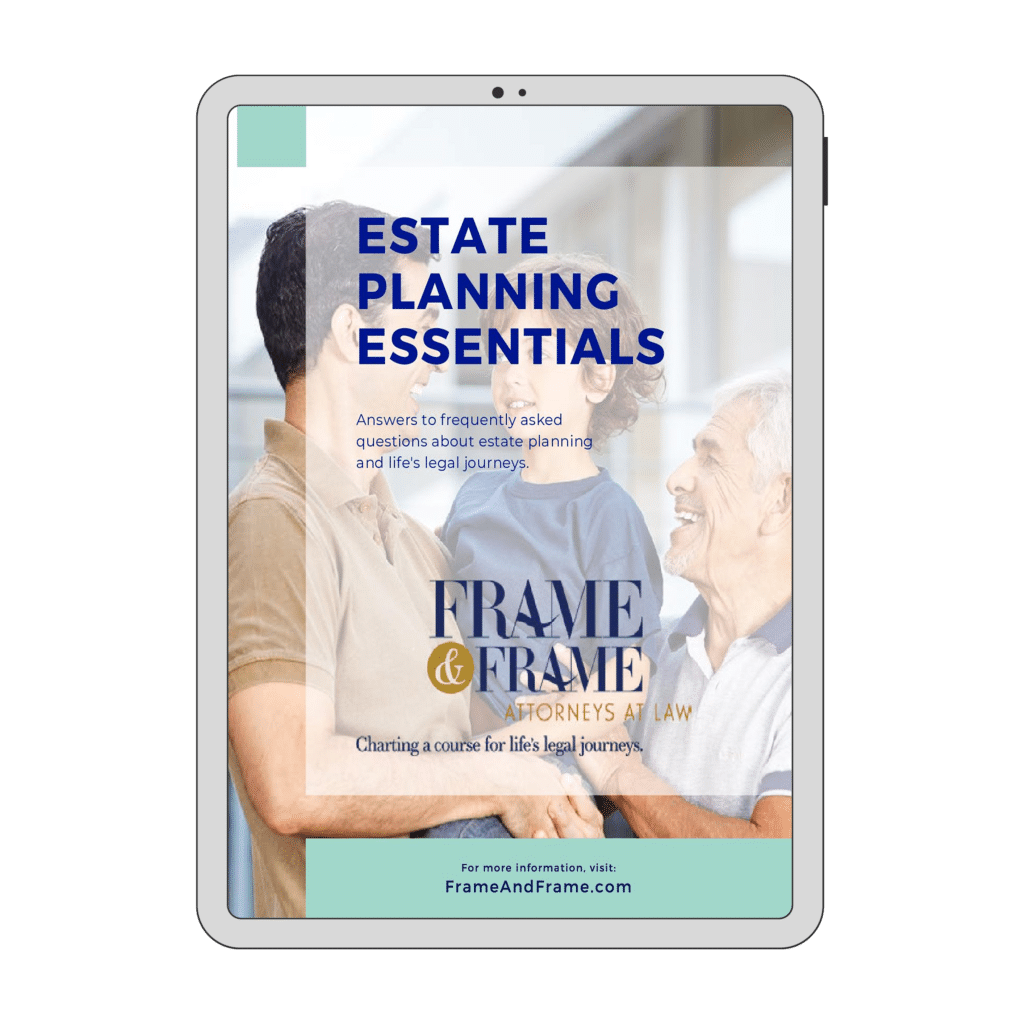The Best Guide To Estate Planning Attorney
The Best Guide To Estate Planning Attorney
Blog Article
Estate Planning Attorney Fundamentals Explained
Table of ContentsThe Basic Principles Of Estate Planning Attorney Not known Facts About Estate Planning AttorneyThe Definitive Guide for Estate Planning Attorney
Changes in your life can develop a reason to transform your estate strategy. Modifications in the law can likewise develop a demand to upgrade your estate strategy. The numerous fees and costs for an estate strategy should be discussed with your attorney. There are lots of sources for estate planning supplied on the web or by numerous companies, and the reward to prevent attorneys' charges is usually an encouraging variable.
It is likewise possible that it will certainly be transformed as an outcome of the modification of administration in 2020. The Illinois inheritance tax threshold amount is $4,000,000 and an estate with even $1 over that amount goes through tax on the whole quantity. A person whose estate surpasses these exemption or threshold degrees requires to do some extra estate intending to minimize or remove fatality taxes.
Nonetheless, the Illinois inheritance tax limit is not portable. Typically, a present of residential property from an individual to his or her partner that is an U.S. resident is exempt to a gift tax obligation or an inheritance tax. Presents to any person else is a taxed present, but undergoes a yearly exclusion (reviewed listed below) and the same lifetime exception when it comes to government inheritance tax.
Not known Details About Estate Planning Attorney
Some estate strategies may include life time presents. In 2020, an individual could give up to $15,000 a year to anyone without a gift tax. On top of that, under specific circumstances, an individual might make gifts for medical expenses and tuition expenditures above the $15,000 a year restriction if the clinical repayments and tuition settlements were made directly to the clinical supplier or the education and learning provider.
Couples commonly have homes and financial institution accounts in joint tenancy. It is utilized less regularly with nonspouses for a selection of factors. Each joint tenant, no matter which one bought or originally possessed the building, can use the jointly owned building. When 2 individuals own residential or commercial property in joint tenancy directory and among them dies, the survivor comes to be the one hundred percent proprietor of that home and the dead joint occupant's interest ends.

When a tenant-in-common dies, his or her interest passes to his or her estate and not to the making it through co-tenant. The home passes, instead, as part of the estate to the heirs, or the beneficiaries under a will.
Not known Details About Estate Planning Attorney

Illinois has adopted a statute that enables economic accounts, such as with a broker agent company, to be registered as transfer on death ("TOD"). These resemble a payable on death account. At the fatality of the owner, the possessions in the account are moved to the assigned recipient. Illinois has lately embraced a statute that enables specific realty to be transferred on death via a transfer on death tool.
The recipient of the transfer on death tool has no rate of interest in the property up until the death of the owner. All joint lessees need to concur to visit the sale or home mortgage of the residential property. Any one joint occupant may withdraw all or a component of the funds in a joint financial institution account.
Estate, gift, or revenue taxes might be impacted. Joint tenancy may have various other consequences. As an example: (1) if home of any kind of kind is held in joint tenancy with a relative who gets welfare or various other advantages (such as social protection benefits) the family member's entitlement to these benefits might be threatened; (2) if you put your house in joint occupancy, you may lose your right to useful elderly person property tax treatment; and (3) if you develop a joint tenancy with a child (or any individual else) the child's creditors may look for to gather your child's financial obligation from the home websites or from the proceeds of a judicial sale.
Joint tenancies are not a basic service to estate issues yet can, in fact, produce problems where none existed (Estate Planning Attorney). The prices of preparing a will, tax obligation planning, and probate might be of little relevance compared to the unexpected problems that can emerge from utilizing joint occupancies indiscriminately. For a complete description of the benefits and disadvantages of joint occupancy in your certain circumstance, you should speak with a lawyer
Report this page